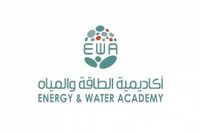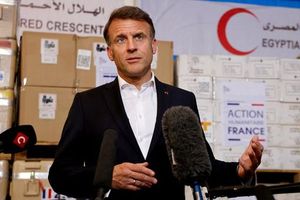The Kingdom of Saudi Arabia has taken a significant step towards modernizing its commercial landscape with the implementation of the new Commercial Pledge and Trade Names Systems, which officially came into force on April 3, 2025. This move is part of the broader Vision 2030 initiative aimed at enhancing the business environment and fostering economic growth.
The Ministry of Commerce announced that the new systems are designed to simplify procedures and improve the efficiency of commercial operations throughout the Kingdom. Abdulrahman Al-Hussein, the official spokesman for the Ministry, stated that the new commercial register system introduces major changes, including the cancellation of branch registers. Instead, a comprehensive unified register will now cover all regions of the Kingdom, streamlining the process for businesses.
One of the most notable changes is the elimination of expiration dates for the commercial register. Businesses are now required to submit an automated update of their data annually, which is expected to reduce bureaucratic hurdles and facilitate smoother management of commercial activities across the country.
In addition to the changes in the commercial register, the new Trade Names System allows for greater flexibility in reserving names. Businesses can now register names in both Arabic and English, including the use of letters and numbers. This flexibility is seen as a way to enhance trade freedom and make it easier for businesses to transfer trade names among themselves.
The new regulations also come with a set of penalties for non-compliance. Violations, such as failing to submit the required annual updates, can result in fines ranging from 500 to 10,000 riyals. These penalties are part of the effort to ensure compliance with the new systems and promote transparency in the marketplace.
Moreover, the Ministry has outlined that the new systems will facilitate the exercise of commercial work by organizing the pledge procedures in the commercial registry. This will ensure the accuracy and reliability of the data recorded, which will be updated periodically to maintain transparency.
The new commercial pledge system aims to reduce the financial burden on businesses by eliminating the need for separate branch registers for individual establishments and companies. This consolidation is expected to make it easier for businesses to operate and comply with regulations.
Additionally, the Ministry has mandated that all commercial establishments open bank accounts related to their operations to enhance reliability and accountability. Merchants will also be required to issue licenses for their registered activities within 90 days, ensuring that they comply with local regulations.
To further support existing businesses, the new regulations allow a grace period of five years for establishments to correct their existing branch registers. This transitional period is designed to ease the burden on businesses while they adapt to the new framework.
The implementation of these systems is not just a regulatory change; it reflects the government’s commitment to fostering a more competitive and transparent business environment. The Ministry of Commerce believes that these reforms will attract investments and expand commercial operations, ultimately contributing to the Kingdom’s economic goals.
The Saudi government has emphasized that these changes align with its Vision 2030 strategy, which aims to diversify the economy and reduce dependence on oil revenues. By enhancing the business environment, the Kingdom hopes to stimulate entrepreneurship and innovation, paving the way for a more sustainable economic future.
In summary, the introduction of the new Commercial Pledge and Trade Names Systems marks a historic day for Saudi Arabia’s trade sector. By simplifying procedures and enhancing transparency, the government is taking vital steps to improve the efficiency of commercial operations. As these changes take effect, the Kingdom anticipates a positive impact on its business landscape, fostering growth and attracting new investments.





